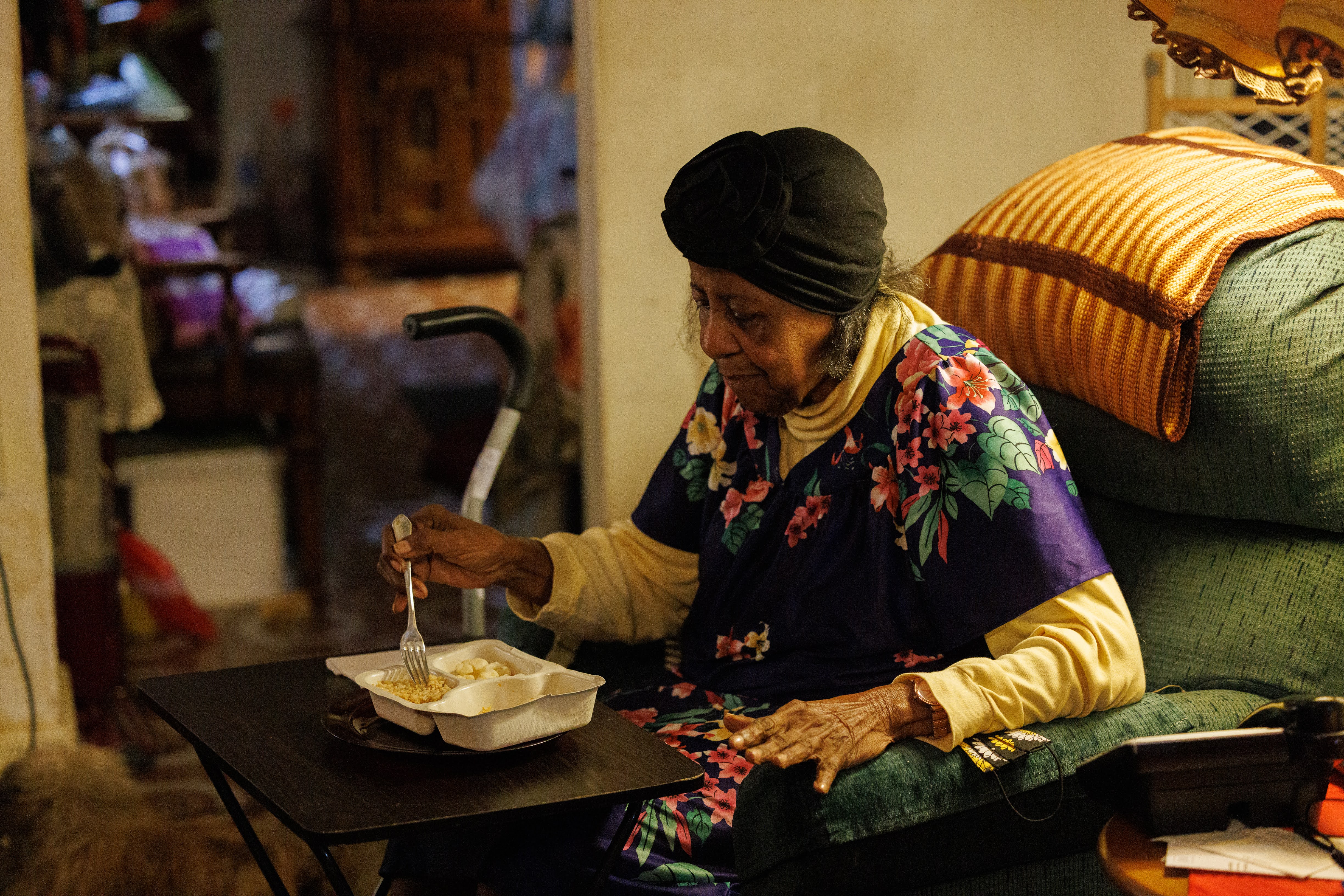
Fort Bend Seniors Meals on Wheels Reduces Meal Deliveries Amid Sharp Federal Budget Cuts
A vital community safety net for older adults in Fort Bend and Waller counties is facing a painful adjustment. Fort Bend Seniors Meals on Wheels has announced it will reduce weekly home-delivered meals from seven to five starting January 1, 2026, in response to a dramatic reduction in federal funding under the Older Americans Act (OAA).
The nonprofit agency—serving the area’s most vulnerable seniors with hot meals, daily wellness checks, and social support—has been hit with more than a 50% cut in OAA funding for the coming fiscal year. The revised FY2026 budget, recently issued by the Houston-Galveston Area Council (H-GAC), dropped from an originally proposed $1.77 million to just over $922,000, rolling funding levels back to what they were in 2018. The H-GAC serves as the Area Agency on Aging (AAA) for the region, administering OAA funds locally.
“This was an incredibly tough decision,” said Doug Simpson, Executive Director of Fort Bend Seniors Meals on Wheels. “We are doing everything we can to preserve services for all the seniors currently depending on us. Reducing meals from seven to five per week allows us to continue serving everyone while we work to rebuild our funding base.”
Mobile Sidebar Ad
Founded in 1974, Fort Bend Seniors Meals on Wheels has long been a lifeline for elderly residents across the region—many of whom live alone, on fixed incomes, or without access to reliable transportation. In addition to daily meals, the program provides critical wellness checks and human connection, helping seniors age in place with dignity and independence.
The Older Americans Act, first enacted in 1965, is the backbone of funding for programs like Meals on Wheels across the country. However, despite the growing number of aging Americans, OAA funding has not kept pace with demand. When adjusted for inflation, federal support for nutrition programs has steadily eroded, leaving agencies like Fort Bend Seniors to shoulder the growing gap between need and resources.
Since 2018, the cost of food and delivery operations has risen 21%, even as the agency worked to expand its impact. Now, with a $444,197 funding shortfall for its core Meals on Wheels program alone, more than 68,000 meals are at risk of being lost next year. If the organization attempted to maintain previous service levels without new funding, it would face a net deficit of over $600,000.
Mobile Sidebar Ad
Yet despite the blow, Fort Bend Seniors is refusing to start a waitlist or remove any current clients—actions that would mark unprecedented territory in the organization’s 50-year history.
“We’re doing our best to adapt without turning anyone away,” Simpson emphasized. “But we cannot do this alone—we need the community’s help now more than ever to Feed Our Seniors. Every dollar makes a difference in keeping our seniors nourished, safe, and connected.”
To address the shortfall, the organization is launching a series of emergency fundraising efforts, outreach to local businesses for new partnerships, and an appeal to the public for donations. Residents across Fort Bend and Waller counties are encouraged to support their older neighbors through direct giving, volunteering, or sharing awareness of the situation.
To learn more or make a donation, visit fortbendseniors.org.
 Tiffany Krenek has been on the My Neighborhood News team since August 2021. She is passionate about curating and sharing content that enriches the lives of our readers in a personal, meaningful way. A loving mother and wife, Tiffany and her family live in the West Houston/Cypress region.
Tiffany Krenek has been on the My Neighborhood News team since August 2021. She is passionate about curating and sharing content that enriches the lives of our readers in a personal, meaningful way. A loving mother and wife, Tiffany and her family live in the West Houston/Cypress region.

